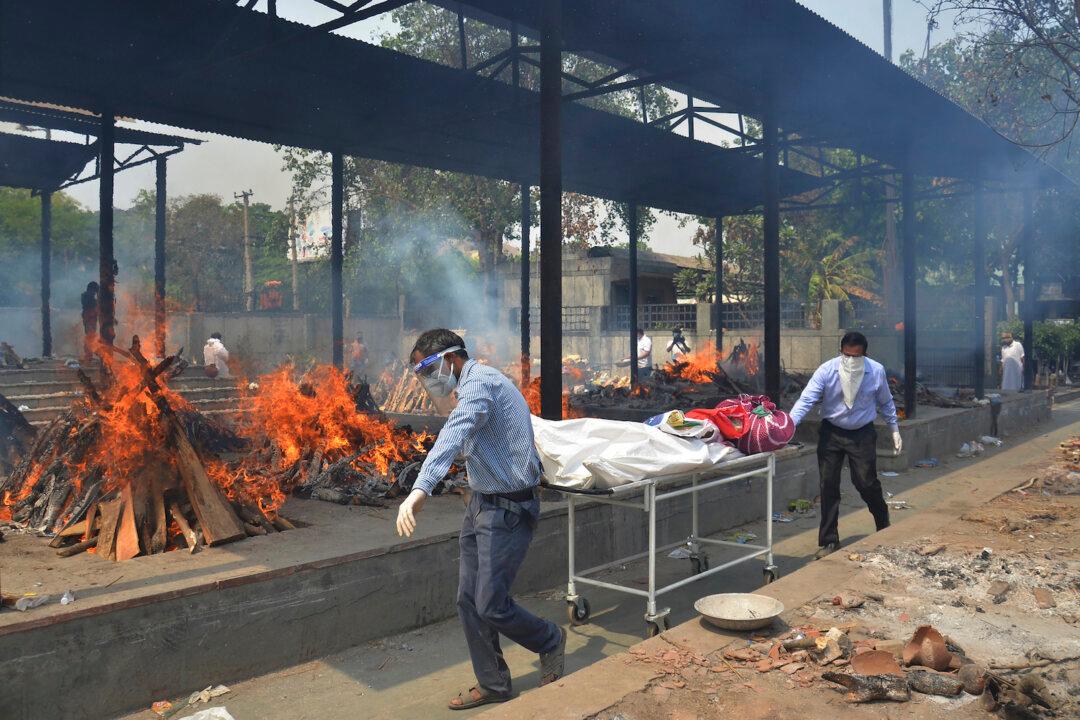Commentary
Australians stuck overseas should not feel unwelcome to return home. Yet, from this week, any citizen flying back from India must contend with sanctions. The maximum penalties include a $66,000 fine or a five-year jail sentence.


Australians stuck overseas should not feel unwelcome to return home. Yet, from this week, any citizen flying back from India must contend with sanctions. The maximum penalties include a $66,000 fine or a five-year jail sentence.